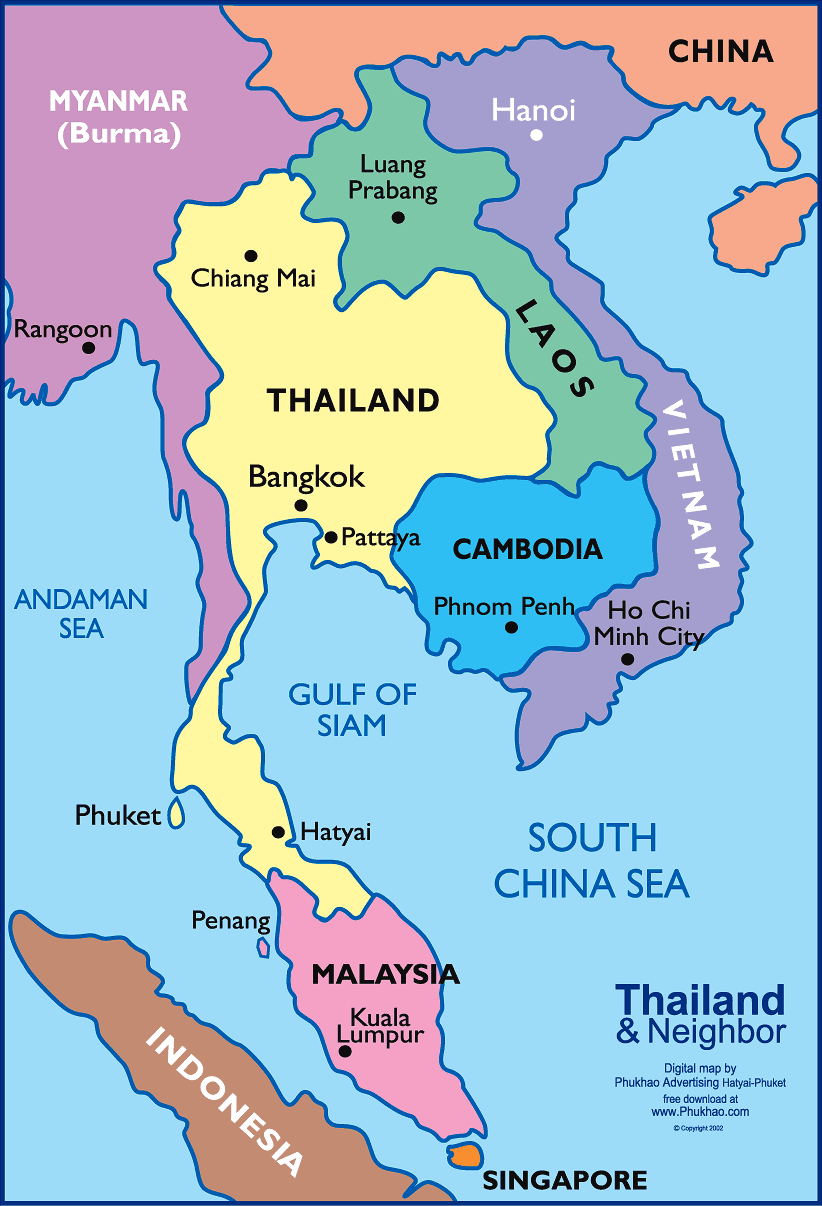Japanese PM has directed to re-start some nuclear plants. This is good leadership. It is unpopular. But no choice. Japan needs the energy NOW.
Until mankind finds a better way, nuclear energy is a viable way even though there are risks.
Oil or gas are wasting assets and one day they will run out too.
Until mankind finds a better way, nuclear energy is a viable way even though there are risks.
Oil or gas are wasting assets and one day they will run out too.









